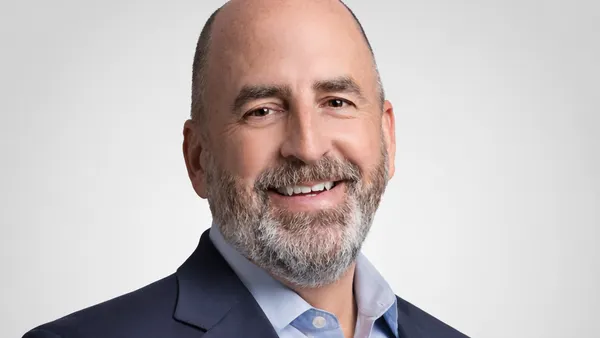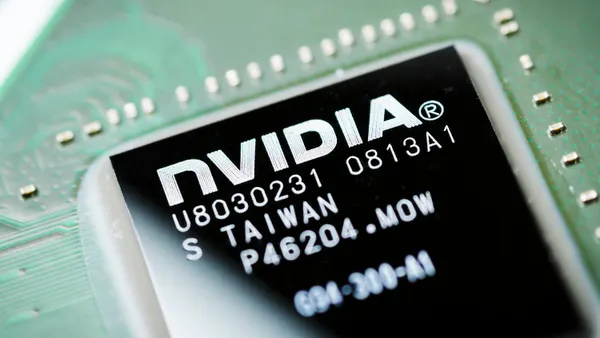Dive Brief:
- Thermo Fisher Scientific and Pfizer said they will collaborate to expand local access to next generation sequencing (NGS)-based testing for lung and breast cancer patients in more than 30 countries.
- The collaboration agreement covers countries in Latin America, Africa, the Middle East and Asia where advanced genomic testing has been limited or unavailable, the two companies said Tuesday.
- The goal is to bring rapid NGS testing to more decentralized labs that are closer to where patients are treated, according to the statement.
Dive Insight:
Access to local NGS testing for cancer can provide faster analysis of associated genes and help healthcare providers choose a treatment targeted for the individual patient.
Breast and lung cancer are the leading forms of cancer diagnosed worldwide and are responsible for almost 4.5 million deaths annually, according to the World Health Organization.
“Anyone facing a cancer diagnosis should have access to cutting-edge testing that can match them with an appropriate, optimized treatment plan and better inform their care,” Gianluca Pettiti, Thermo Fisher executive vice president, said in the statement.
Next generation sequencing is replacing single biomarker tests, as more targeted therapies are available that can be matched through a broader set of genomic markers, the company said. By screening a single tumor tissue or blood sample for multiple biomarkers simultaneously, NGS can help inform precision oncology treatment decisions.
Under the agreement, Thermo Fisher will identify local labs that will use the company's NGS technology and ensure that they have the infrastructure, trained staff and quality control measures needed to meet industry standards for breast and lung cancer testing. Pfizer will look for ways to enable affordable patient access to NGS tests and work to raise healthcare provider awareness of advanced testing, the companies said.
The two companies also will evaluate opportunities to expand geographically and to test for other types of cancer, they said.











